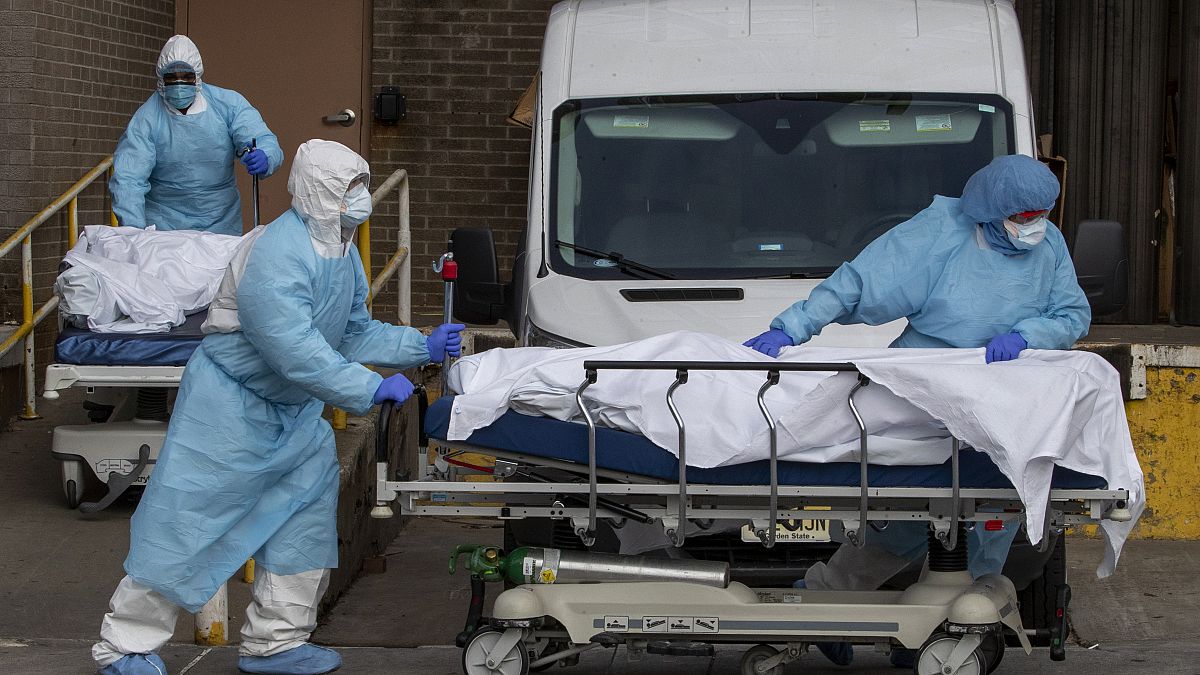Improvements in global life expectancy were eliminated during the pandemic, the World Health Organization (WHO) said. Life expectancy dropped by nearly two years during the COVID-19 pandemic, eliminating a decade of progress, the World Health Organization (WHO) said on Friday. The annual found that between 2019 and 2021, global life expectancy dropped 1.
8 years to 71.4 years, which was the same level as in 2012. A previous study published in the Lancet in March estimated that global life expectancy had fallen by some 1.

6 years during the pandemic. The health agency said the decrease showed that health gains are “fragile” with COVID-19 erasing years of progress. “This is the world's report card on health, and the bottom line is that we are failing,” Dr Samira Asma, the WHO’s assistant director-general for data, analytics and delivery for impact, said at a press conference.
“Despite encouraging progress in some countries and for some conditions, overall life expectancy has fallen, and shockingly, the world is not on track to achieve even a single one of 32 health-related sustainable development goals with a global target,” she added. These goals, which were adopted by the UN in 2015, include reducing global maternal mortality to fewer than 70 per 100,000 live births, ending preventable deaths of children under 5, and ending the epidemics of AIDS, tuberculosis, malaria, and other diseases. While there’s been progress on maternal mortality since 2000, for instance.
















